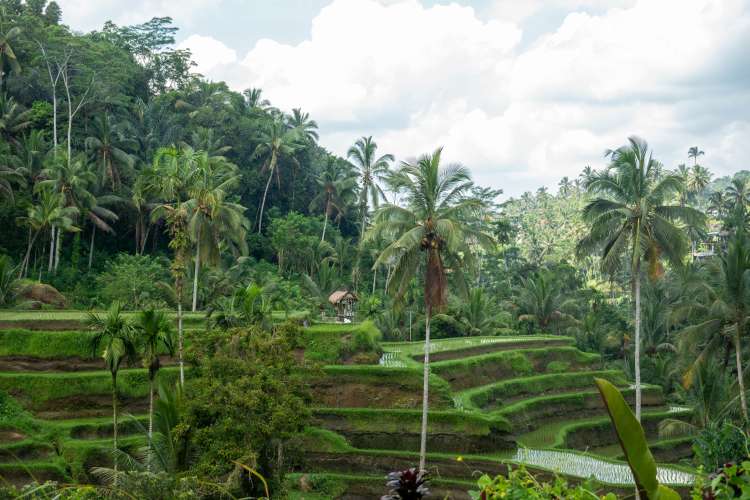

Sustainable rice farming in India is gaining traction as a viable solution to enhance food security while preserving vital resources. Traditional rice cultivation methods are notorious for consuming nearly 40% of the country's irrigation resources, leading to significant water wastage. However, innovative practices such as Alternative Wetting and Drying (AWD) and Direct Seeded Rice (DSR) are emerging as sustainable alternatives that not only reduce water usage but also lower input costs for farmers. These methods enable farmers to earn carbon credits, providing an additional economic incentive for adopting sustainable practices [291854bb].
The Indian government is actively supporting this transition through initiatives like the National Mission on Sustainable Agriculture (NMSA), which aims to promote sustainable agricultural practices across the country. Despite these efforts, challenges remain, particularly the need for technical knowledge and robust support systems to facilitate the adoption of these new methods. Private sector initiatives, such as Bayer’s Rice Carbon Project, are also playing a crucial role in enhancing the adoption of sustainable practices among farmers [291854bb].
The benefits of sustainable rice farming extend beyond environmental protection; they also contribute to rural employment and economic stability. By aligning with the United Nations Sustainable Development Goals, these practices not only address immediate agricultural challenges but also pave the way for long-term sustainability in the agricultural sector. Scaling up the use of AWD and DSR could significantly strengthen both environmental protection and economic stability in rural areas of India [291854bb].
In the broader context of water conservation and sustainable agriculture, the recent launch of the 'Catch The Rain - 2024' campaign in Chandigarh aims to address water scarcity through comprehensive water conservation initiatives. This campaign is part of the Jal Shakti Abhiyan and reflects a growing recognition of the interconnectedness between water management and agricultural sustainability [4e4d3096].
As various regions grapple with water scarcity and the need for sustainable agricultural practices, the integration of innovative farming techniques like AWD and DSR into mainstream agriculture could be pivotal in fostering a new green revolution in India. By prioritizing sustainability, India can not only enhance its food security but also ensure the preservation of its natural resources for future generations [291854bb].